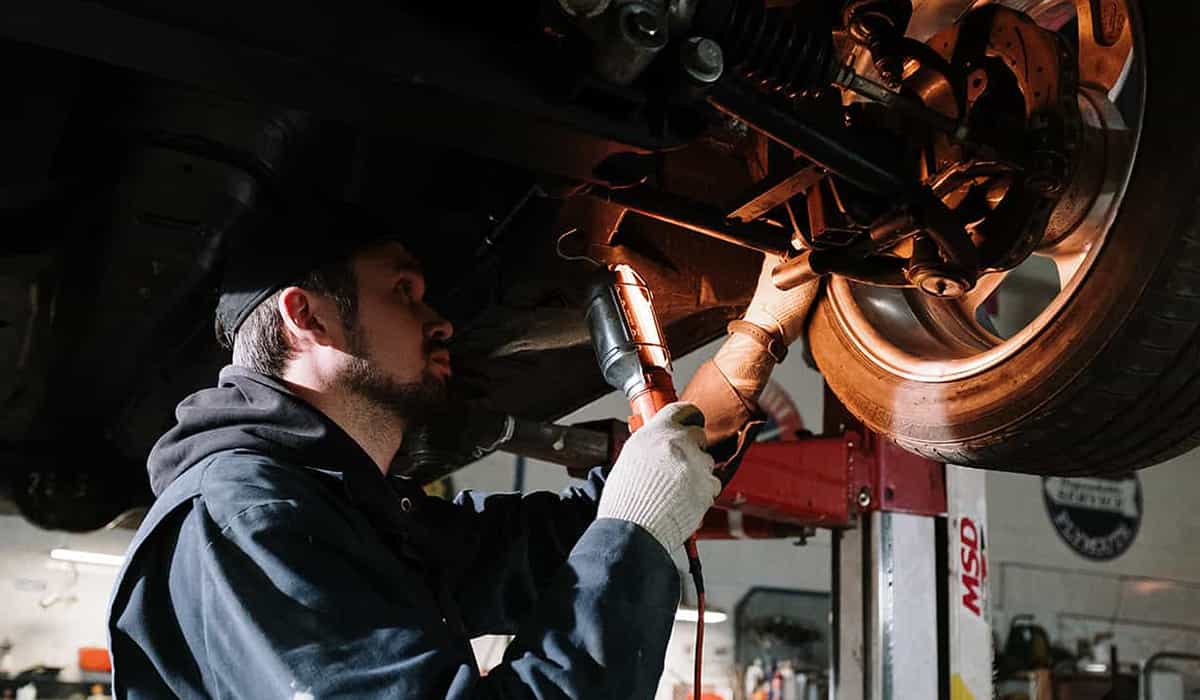When most of us hear the term “write-off”, we instantly picture a twisted heap of metal that has been involved in a horrific car crash. However, that image is only representative of one type of insurance write-off categories. Did you know there are four write-off categories in total?
While an insurance company may choose to write off a car if it has been too badly damaged to warrant repairs, they may also do so if the cost of fixing it does not make financial sense to them. As such, cars with even relatively light cosmetic damage can find themselves falling into one of the less severe write-off categories.
Needless to say, this information is vital when you’re buying or financing a used car. For those unfamiliar with such an idea, here’s a quick breakdown of the four car write-off categories that are currently in use today.
Insurance write-off categories
Category A
Category A is probably the one that springs to mind for most people when they think of a write-off. It covers cars that have been so badly damaged that they’re only fit for a date with a crusher, such as those which have been destroyed by fire.
Category B
Vehicles which fall into Category B are ones which have sustained serious structural damage, but which may still contain salvageable parts. For example, the bodyshell may be mangled beyond recognition, but the engine can be removed and installed in another car. After all useful components have been taken out, Category B cars are also crushed.
Category S
Formerly known as Category C, Category S denotes vehicles which have suffered structural damage but that can still be repaired. For example, they may feature a twisted chassis, a collapsed crumple zone or other damage to the car’s structure. After being repaired, Category S cars can be sold and put back on the road.
Category N
Category N (formerly Category D) is the lowest of the four car write-off categories and refers to vehicles which have not suffered structural damage. Instead, they may simply have suffered expensive cosmetic damage, an electrical fault or non-structural issues such as with braking, steering or airbag inflation. Just because a Category N car has not been harmed structurally, that does not mean it is safe to drive. As with a Category S vehicle, it must be fully repaired before it can be sold or driven again.
Is it safe to buy a car that has been written off?
Category A and B cars must be destroyed and cannot be sold. However, both Category S and N vehicles can offer attractive savings for prospective buyers compared to the same make and model which has not been involved in a crash.
As always with a purchase of this kind, however, buyers are advised to proceed with caution. An unscrupulous vendor might try to sell a written-off car without making sure that all repair work is carried out to the highest standard. This can mean some of the original faults which caused it to be written off in the first place could linger. As such, obtaining a vehicle inspection – which can be purchased for a relatively nominal fee – could save you a significant sum in the long run if problems develop after the sale is finalised.
Finally, buyers should also be mindful that they may struggle to obtain insurance for a car that has been previously written off. This can manifest itself in a greater burden of proof that the car is safe or higher insurance premiums going forwards.
Consider car finance
Cars that belong to Category S or N can represent a sound investment if they have been repaired responsibly. This is especially the case if the buyer is working with a shoestring budget. However, this type of purchase is always something of a risk and should not be entered into lightly.
One possible alternative is to secure car finance for a used car, which can boost your budget and allow you to buy a newer or better-specced vehicle that you wouldn’t normally be able to afford. If you’re interested in learning more about the different types of car finance available to you, or would like some friendly, impartial advice about your options, My Car Credit are here to help. Simply give us a call on 01246 458 810 and one of our experienced team will be happy to discuss your situation.
Rates from 9.9% APR. Representative APR 10.9%
Evolution Funding Ltd T/A My Car Credit
Require more help?
Got a question you can’t find the answer to, or need some advice and guidance around taking out car finance? Our Car Credit Specialists are friendly, experienced, and here to help so get in touch today!



